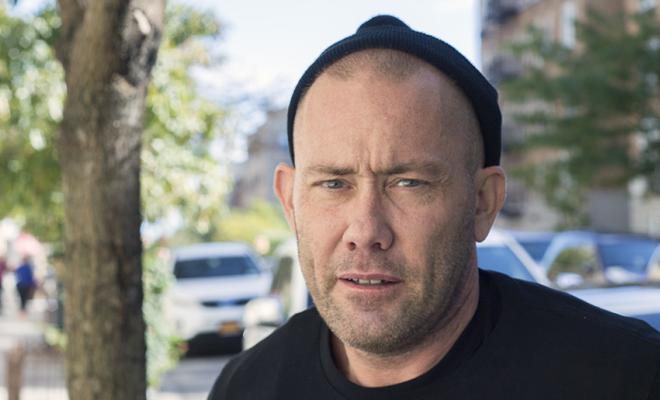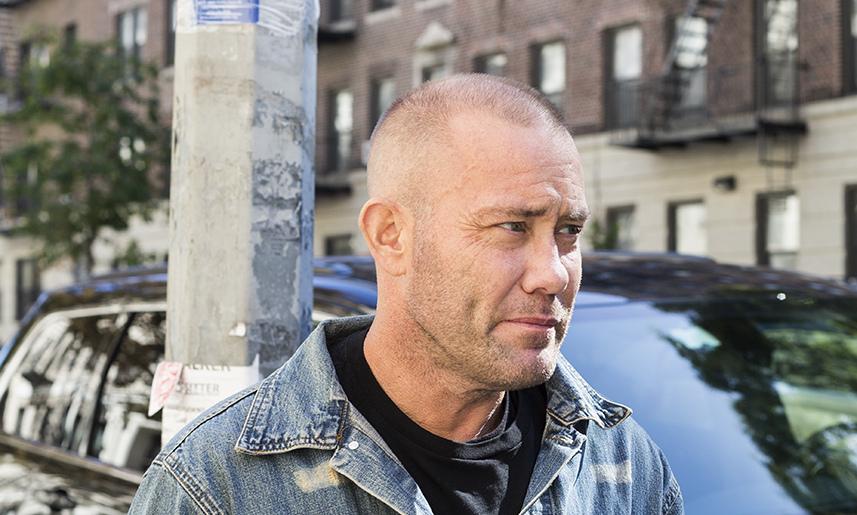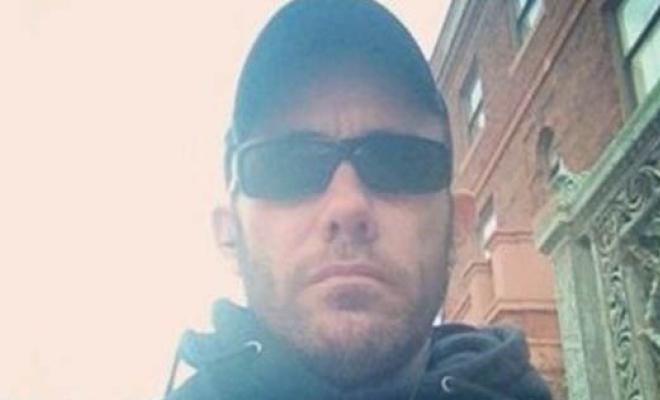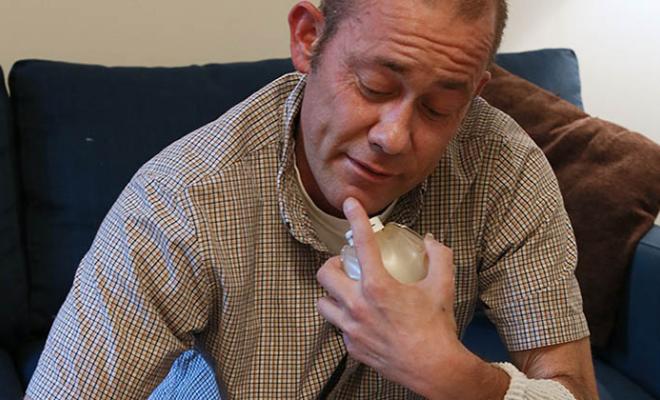From early on, cystic fibrosis left me uncertain about how my life would unfold. I would "back into" activities rather than making plans or setting goals. Graduating from college, I hadn't thought about a career, but before I knew it I was a high school teacher.
Up to this point, I had a good handle on my disease. CF was a part of my life, but it wasn't my whole life. But during my first semester of teaching, taking care of myself grew difficult. I was tired all of the time; I would pass out as soon as I got home and then wake up late. All of a sudden, life was complicated. When I went to my quarterly appointment with my doctor, my PFTs were lower than ever, I had lost a ton of weight and I had a grayish tint. She admitted me into the hospital that day. Afterwards, I changed my schedule, prioritized my treatments and, within a month or so, was back to my old self. Lesson learned: work on work-life balance.
Five years and a few jobs later, I ran into a particularly difficult situation again. I had used all my sick days and vacation days and even borrowed a few from coworkers. What was I going to do? I needed the job and the insurance. This was the first time that the big “d" word entered my lexicon: disability. Every time CF forces a major change in my life, my initial reaction is to say, "I'm not doing that."
Stubbornly, I gave work one more try. I was going to redouble my efforts and put CF in its place. I was shocked when the results were the same, but no one else was even mildly surprised. CF had kicked my butt.
Confused and angry, I finally -- begrudgingly -- applied for Social Security Disability.
I then faced three big questions: How do I live on a fixed income? How can I figure out government insurance? And who am I?
The challenges seemed daunting and scary. When the first check arrived, I cried. How was I going to pay for rent, food, meds, etc.? (Today I know that somehow I always make it through the month -- some better than others.)
The next issue was my insurance. Medicare and Medicaid are a labyrinth. The possibility that I would be on a fixed income with public insurance never occurred to me.
The first few months of not working were rough. All of a sudden, I did not have to be anywhere by 9 a.m. I had time to do my treatments and rest, but I got depressed. If I was not a teacher, who was I? I never realized how much of my identity came from my job.
When my friends would say, "I would love to sit home and watch TV all day," I wanted to punch them. The worst day of the week was Monday, a stark reminder that I had no place to be. I'm still not a fan of Mondays.
Being on disability has been a slow process of coming to terms with my disease. I had to reassess my expectations and hopes for my life. My notions of self-sufficiency were tough to let go of, and I had to learn when to accept help from my friends and family and when I could do it on my own.
I also had to learn that I am not my job, I am not my relationships and I am not my CF: each of these things are a piece of the puzzle that is me. I still had a shot at living, after seeing too many friends lose their battle. Letting go of self-pity became a necessity and I went through a lot of changes.
I love the Maya Angelou quote: “I've learned that people will forget what you said, people will forget what you did, but people will never forget how you made them feel.” It helps me gain a new perspective about work and life. Valuing myself was where I needed to begin. While my life isn't the one I thought I would have and CF is a bigger part of it now, I've come to accept where I am at. Acceptance drives a whole new idea of myself, and more often than not, I like my life.







